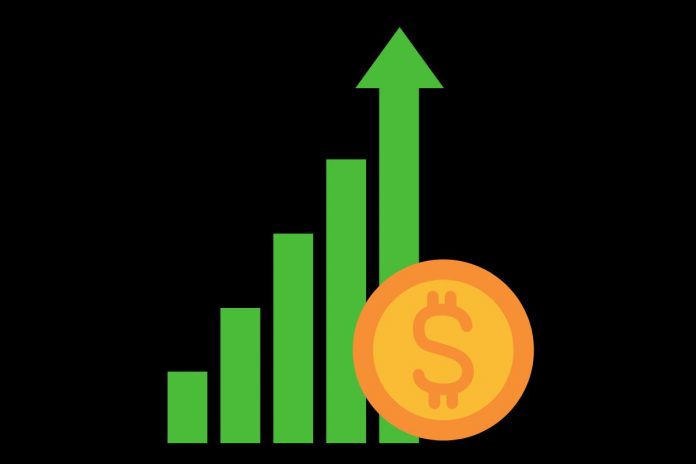Lessons explained in the video.
a) We need volatility to trade
b) You are not trading unless you have a position
c) It’s ok if you lose some money. You have to pay to educated yourself in the stock market. We also learn with our bad trades and positions.
Portfolio: exposure to equities, commodities, Forex, cash and interest rate situations where you can take tiny positions or day trade essentially with opportunities that happen in vey small periods of time.
Time horizon: 1-3 on every position (swing trade).
Percentage split: 65% equities, 20% commodities, 10% forex and keep cash or margin in reserve
What makes Goldman Sachs culture unique?
Answer: A curious mind but with a very strong work ethic. Also entrepreneurial as well, you know being able to create new products, new situations
What about work-life balance?
The typical day was wake up 5 a.m. Taxi drivers outside at 5:30 a.m. And you’re in the office by 10 to 6:00. Then the markets closes 4:35 but you’re trading the U.S till 9-10:00 p.m in the evening. If you got situations in Asia then the traders in Hong Kong will be calling you at 2:00 in the morning.
Where are all the talented of the stock market?
All the talented people who use to get paid all the money. Who used to be innovative, entrepreneurial, got paid the big bucks…either now work for themselves or have gone to hedge funds or left the Western world altogether and now they’re in emerging or frontier markets.
For the reasons you just said that humans are bad traders – for that reason, do you think that the trading industry is at risk of becoming more orientated to using computers that uses models that backdate and predict what is going to happen?
I would say one thing I’ve learnt in finance and in theoretical finance: the extremes always brake the model. On one side humans can’t trade, on the other side computers can’t make rational decisions. However in situations where the world is now different to what it used to be before, when big things happen humans have to intervene and turn the computers off.
The industry has definitely gone more computer-driven algorithmic, more quantitative. What’s that done to the industry, it’s taken a lot of the short term opportunities out of the market. When you see things that happen at the moment in the industry. You know rental prices around the London Stock Exchange in Paternoster Square have gone through the roof, because all the quants traders want the fastest connectivity in nanoseconds to the exchange. So they can beat the other algorithms, and you see algorithms that are built, solely, to predict what other algorithms are trying to do.
So if you’re a day trader what chance do you stand?
You don’t! Because those machines are just going to beat you.
How to adapt to the market as a human trader?
Short-term opportunities don’t exist or they exist a lot less than they used to. You’ve got to have a much longer time horizon and a different approach. That’s why approach is 1-3 months. I don’t need to worry about the machines on a minute-to-minute basis. I don’t care.
As a trader, you’re probably working with past date, charts and trends. What is success down to? Is it the fact that you could compromise all of this behavioural views, the fundamentals, the charts?
You need to have discipline to overlay technical analysis on to fundamental analysis, but then you know people who use 100% technical analysis. When something breaks a trend or when something breaks a range it’s happening for fundamental reasons.
I haven’t invented a fundamental or technical model. I take the best of everything that works and put it into my own processes, my own system.
You have to trade for at least 12 to 18 months before really someone can turn to you and say: you’re actually pretty good at trading I’m going to give you money to trade with, because in the last 12 months you’ve made more money.


